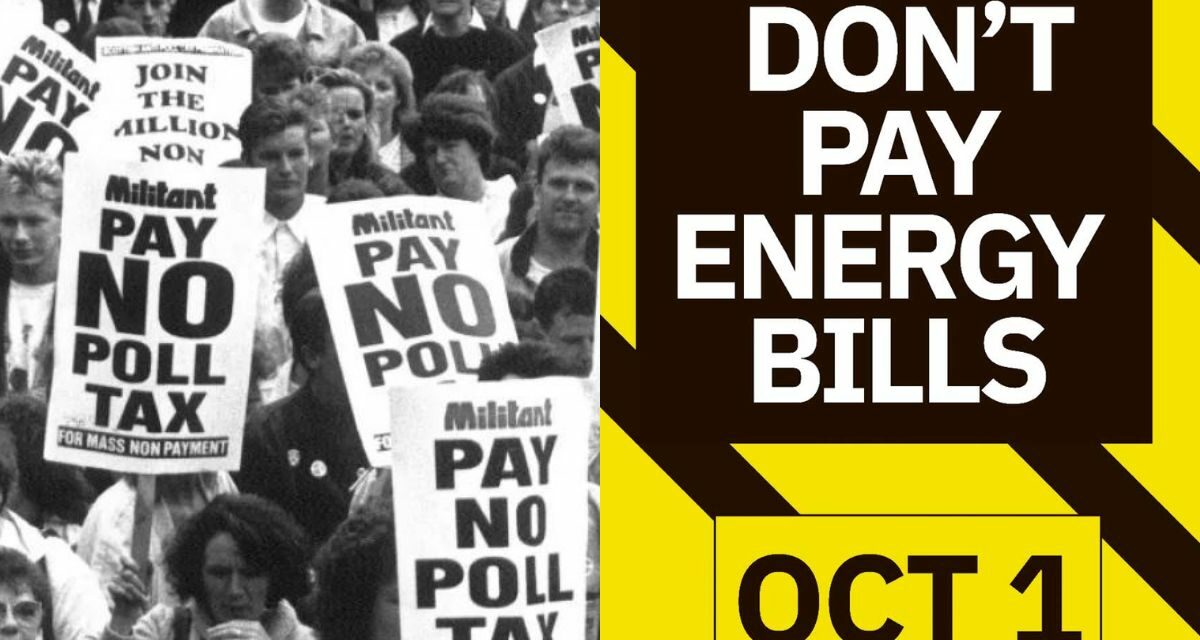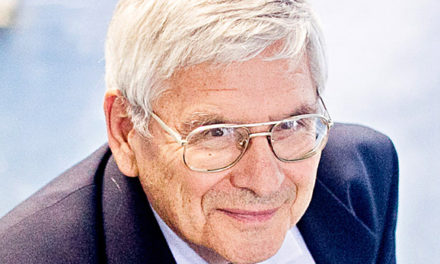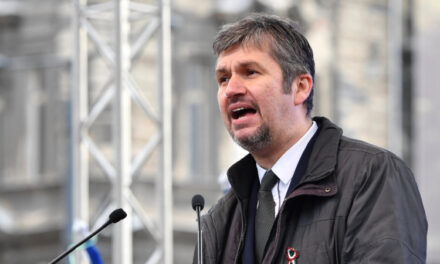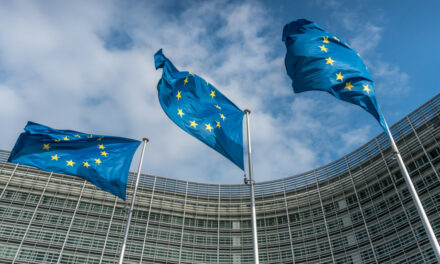The British movement called Don't Pay UK easily brings to mind Petőfi's eternal treasure number 48 about the relationship between the galley and the water, or, less poetically, the old saying that if I can't pay back my million dollar loan, then I'm done, but if the billionaire, then the bank is finished.
UK initiative , which aims to reduce energy prices to an affordable level. They want to achieve all of this in such a way that from the first of October - if the number of their supporters reaches the critical mass, they see this in one million people - with noble simplicity, they will not pay for the energy. Not a single bite.
"A million sounds like a lot, but millions more will be wondering if they'll be able to make payments this winter and if they can afford the other expenses they or their families need to survive"
they say.
The idea is inspired by similar protests in the late 80s and 90s, such as when Margaret Thatcher introduced the poll tax. More than 17 million Britons subsequently revolted, successfully forcing the government to withdraw its "toughest measures".
Don't Pay UK announced in a statement that ha
"some of those who pay by direct debit will also stop paying, that will be enough to put the energy companies in serious trouble... We want to sit them down and force them to end this crisis".
As is well known among non-reality deniers, electricity prices have skyrocketed in the British Isles, causing many people to go into debt and even consider closing their businesses. Taking into account the cost of gas, the average UK household's annual energy bill has jumped from £1,400 in October 2021 to £2,000 in May - after the government lifted the price cap - but another sharp increase is expected in October 2022. Ofgem previously predicted it would be £2,800, but from consultancy Cornwall Insight
Initiatives such as Don't Pay UK are a social response to spiraling inflation, which is expected to reach 13 percent, even though Britons are already poorer than at any time in the last three decades.
Looking at the big picture, we can say that the Western European countries where the governments are unable or unwilling to properly manage the energy crisis are facing an exciting autumn.
If there really is a critical mass in the British that will peacefully shut off the money tap from the energy companies looking for money, then the political leadership will have two choices: either urgently switch back to realpolitik mode, or end it on the streets.
Or-or. There is no third way.
If the crisis is still not dealt with, governments will fall, one might say like dominoes, but it would not be too surprising if other critical masses, say the residents of the German suburbs, in addition to the peaceful non-payment, flashed much more violent reactions in response to their being disabled.
Featured image source: Facebook












